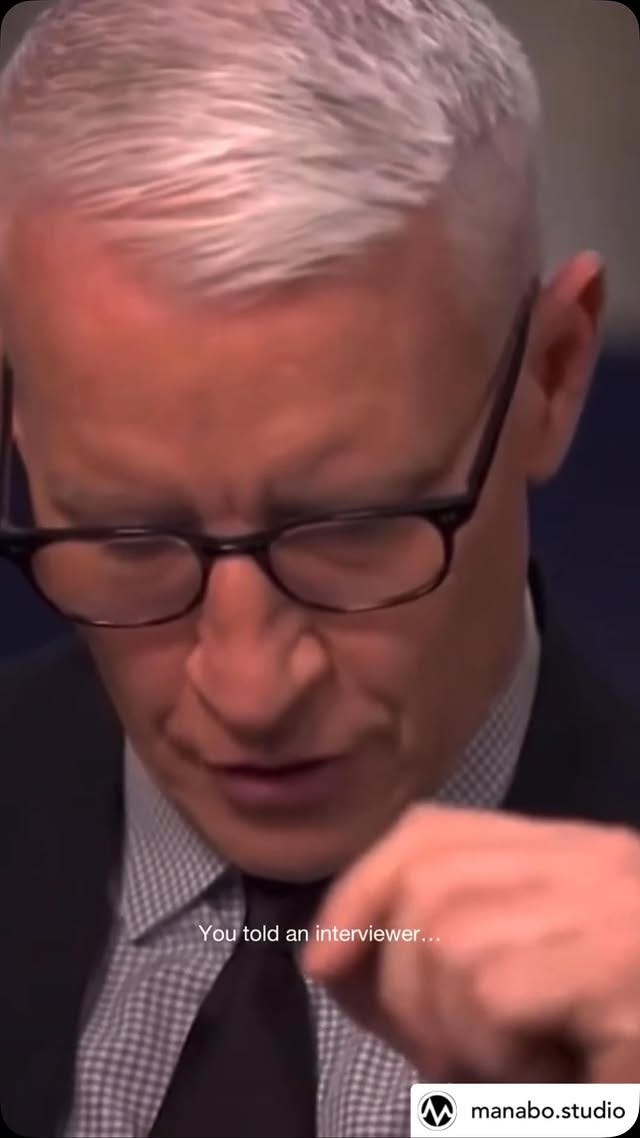
What punishments of God are not gifts?—Stephen Colbert, quoting J.R.R. Tolkien
Time has been strange of late. From early May up to now has been one long season of loss. Deaths, illnesses, setbacks, disappointments, stomach-churning news … some days I think I have every reason to be bitter and ask God for my money back. I mean, even our dogs have not been immune, racking up frequent flyer miles at the vet hospital. (Both are doing okay at the moment, though.)
This week it happened again. The winds of change blew a hole in our finances, one week before we start a major kitchen renovation project and one year before we take a long-delayed vacation that will set us back the price of a good used car. Bring on the despair.
Why, then, did I wake up yesterday morning feeling excited for the first time in eons? Why did I feel myself chomping at the bit? Why is my imagination suddenly firing on all cylinders?
Maybe it has something to do with what Stephen Colbert told Anderson Cooper when Cooper interviewed The Late Show host six years ago: that loss can be a gift.
The two men had something in common. Colbert lost his father and two brothers in a plane crash when he was just 10 years old. Cooper also lost his father at age 10, to open heart surgery, and a brother 10 years later, to suicide.
“You told an interviewer that you had learned to, in your words, ‘love the thing that I most wish had not happened,’” Cooper said. He paused and then said, his voice breaking, “You went on to say, ‘What punishments of God are not gifts?’” He looked at Colbert incredulously. “You really believe that?”
Colbert looked down and smiled. “Yes,” he finally replied. “It’s a gift to exist. And with existence comes suffering. There’s no escaping that.” Colbert went on to say that loss teaches us how to be more in touch with others’ suffering (because everyone suffers) and helps us be more human (because human life includes both good and bad).
I would go further: that loss teaches us, slowly and oh-so-gently, how to be more in touch with ourselves, and how to regard ourselves and our awkward dance through life more mercifully, since we are, after all, human. Suddenly I feel as if I owe no one, that my only debts are to myself and dreams deferred, that loss can be freeing. This is not to say that others needed to suffer in order to teach me something I should have learned long ago. Rather, it is to say that in every loss there is a gain. Loved ones have been taken, strife has been unrelenting, yet still I burn. And burn I must, partly to honor those now gone, partly because their incandescence is now part of mine.
Perhaps loss is a kind of oxygen. Perhaps the hurt that is felt reminds us that we can feel, and suddenly we realize we are alive, and that the real pain, the real loss would be if we carried on oblivious, forgetting that we are in the middle of a miracle. Suddenly gratitude becomes a verb. I find myself pleasantly surprised, standing at a crossroads, grateful for the fact that I am standing at all.




I am reminded of discussions with our sons about things that "build character." Their blunt teenage response was, "Yeah, it sucks!"
Thanks as always for the insight and lift!